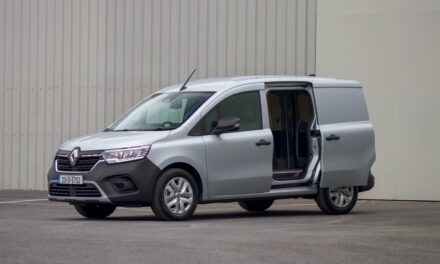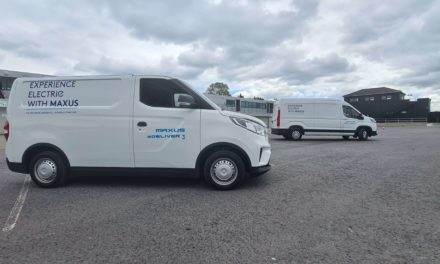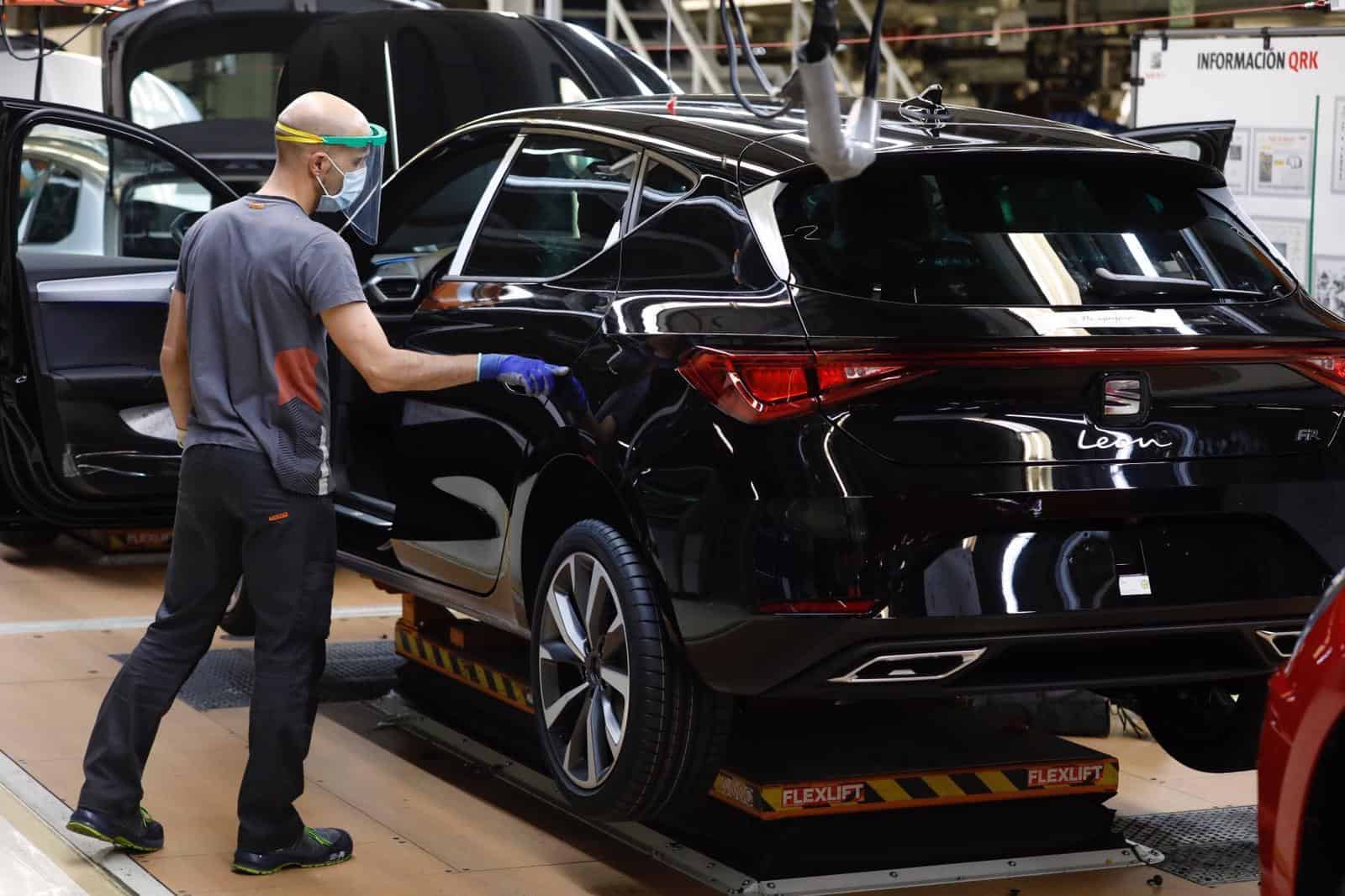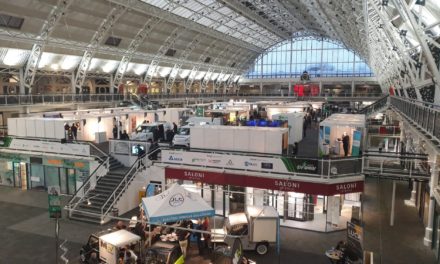
SEAT Plan PCR Testing For A Return To Work.
SEAT will conduct PCR testing on its 15,000 employees for work return.
SEAT has announced it will carry out PCR tests on its 15,000 Spanish employees to ensure their health and safety and avoid COVID-19 infections. PCR diagnostic tests are the most reliable to identify whether the person screened has contracted the COVID-19 virus. The carmaker has decided today to gradually restart activity on April 27th, and as part of the health and safety measures, has agreed with Spanish union representatives to conduct PCR testing. SEAT is the first company in Spain to do this testing. There will be more than 3,000 weekly PCR tests for production employees across Spain as well as for the rest of professionals in the company and will be extended to other Volkswagen Group companies in the country.
Comprehensive Preventative Measures;
A laboratory that has been accredited by the Ministry of Health and the Catalan Government will analyse the tests without affecting public health activities and will be coordinated by SEAT’s Medical Service, supervised by Dr. Bonaventura Clotet, director of IrsiCaixa and member of SEAT’s Scientific Committee. These tests are part of a comprehensive package of preventive measures aimed at safeguarding the health and safety of the employees. SEAT President and Vice-president for Finance and IT Carsten Isensee assured that “now that the most difficult phase of COVID-19 has been overcome, we face the first stage of returning to normal without letting our guard down. It is essential to apply strict health and safety measures to ensure that the return to work takes place in complete safety. With SEAT’s decision to invest in the PCR test programme, we are also helping the health authorities to understand the extent of the pandemic.” Dr. Bonaventura Clotet emphasised that “testing all employees is the best way to minimise the spread of the virus. Furthermore, from an epidemiological point of view, it is a great opportunity to enrich the scientific knowledge we have of COVID-19, as the SEAT workforce is a large, representative sample of society. Its results, which are anonymous and confidential, will be the basis of a scientific study within the scope of the SEAT Healthy Company Scientific Committee.”
Gradual return to activity;
SEAT is going to restart production next Monday April 27th at the Martorell, Barcelona and Componentes plants. The return to activity will take place gradually to apply the necessary health and safety measures. This decision also aims to contribute to reactivating employment at SEAT and supplier companies to limit the economic impact of the health crisis. During the weeks of April 27th and May 4th, one production shift will be working on each of the three lines at SEAT Martorell where the SEAT Ibiza, SEAT Arona, SEAT Leon and Audi A1 are manufactured, at approximately one third of capacity. Overall, the company will produce around 325 cars a day in the first two weeks. As of May 11th, two production shifts will be working on each of the lines, also at a third of their usual volume, which will enable to manufacture around 650 cars a day. SEAT expects to return to the pre-crisis production rate from June on, based on the evolution of COVID-19 and its effects on commercial activity.
New health and safety measures;
The return to activity will be carried with special emphasis on the health and safety of the entire workforce. SEAT has prepared a gradual business recovery plan, whose main priority is to ensure the protection of all employees against COVID-19, which includes information on organisational, preventive and health measures, as well as some specific measures for workers who may be particularly at risk, who should not go to work in the early stages. To ensure the health and safety of workers, production lines will be adapted to ensure that all employees can maintain the prescribed two-metre safety distance, and if this is not possible within the workplace, additional measures to ensure personal health and safety will be provided. All workers will receive surgical masks and have sanitizing gel at their disposal and facilities will also be thoroughly cleaned before and after each production shift. With these stringent measures in place, pre-crisis production levels cannot be regained. For this reason, SEAT management and union representatives are negotiating a temporary layoff plan for organisational reasons for the production workers. The temporary layoff will last for a maximum of eight weeks, until production resumes at pre-pandemic pace. Personnel not linked to the production area will be excluded from the temporary layoff plan. Employees not linked to production have been returning gradually to their work centres since the middle of April and the full return will be complete in the coming weeks.
SEAT – committed to making healthcare supplies;
In the past few weeks of non-production due to the coronavirus, SEAT took action on a number of initiatives to help mitigate the effects of the pandemic. The company adapted the line where the SEAT Leon subframe is made to manufacture emergency ventilators in response to the health needs caused by the COVID-19 crisis. SEAT produced more than 600 ventilators in one week and stopped production last Friday due to the decreased burden on ICUs. Furthermore, SEAT also rallied with other companies to produce surgical masks made from the filters used in the paint shop booths at the Martorell plant. So far, thousands of units have been made and distributed to hospitals, security forces and other organisations. The Spanish Agency for Medicines and Healthcare Products has temporarily authorised the use of these masks during the health emergency caused by COVID-19.





















